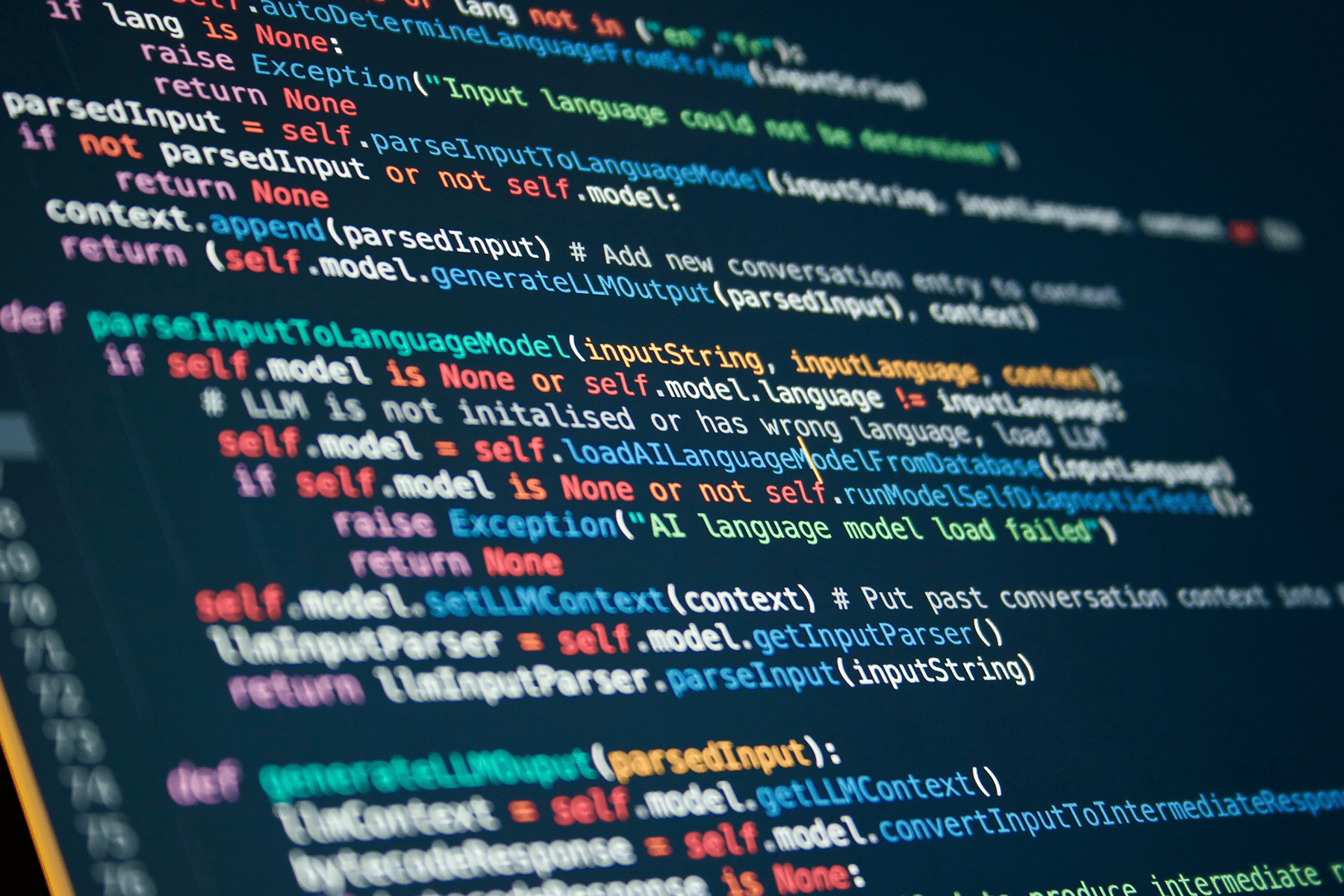$1.5 Billion Settlement Resolves AI Copyright Dispute Against Anthropic
A landmark AI copyright case ends in a $1.5B deal, setting new boundaries on data use and sparking ripple effects across the tech and publishing worlds.
Published on
Anthropic, a major player in artificial intelligence development, has reached a $1.5 billion settlement with a group of authors who alleged that the company used their copyrighted works without permission to train its large language model, Claude. The lawsuit, filed as a class action in the Northern District of California, centered on claims that Anthropic acquired pirated copies of books from unauthorized online sources and used them in the model’s training dataset without compensating the copyright holders. The plaintiffs asserted that over seven million such works had been improperly ingested into Claude’s training data, and that Anthropic had engaged in widespread, systematic infringement in building its generative AI products.
Although U.S. District Judge William Alsup previously ruled in June that Anthropic's use of copyrighted content in model training qualified as fair use under copyright law, he distinguished this finding from the company’s use of pirated material, calling it inherently infringing. The court refused Anthropic’s request to pause the case pending appeal, prompting the company to seek emergency intervention from the Ninth Circuit just before announcing the deal on August 26.
The Settlement Terms
The newly disclosed $1.5 billion agreement provides financial relief and imposes restrictions on Anthropic’s data practices. Under the terms, class members are set to receive approximately $3,000 per work—a figure that will increase proportionally for each work over the initial 500,000 covered titles. The agreement also mandates that Anthropic destroy its pirated training datasets and imposes limitations on future conduct. Notably, the release does not extend to claims related to derivative outputs or future reproductions, nor does it apply to works not explicitly listed in the agreement.
According to the plaintiffs' motion for settlement approval filed on Friday, the deal is structured to ensure meaningful compensation and accountability for past infringement. Anthropic will make staggered payments into a settlement fund, beginning with two $300 million deposits following preliminary and final court approval. The company will then contribute an additional $450 million at the 12-month and 24-month marks post-approval, totaling a minimum of $1.5 billion. As the final list of covered works is still in progress, the fund may increase based on the number of works ultimately included.
The Court’s Analysis and Expert Commentary
In evaluating the merits of the case, Judge Alsup previously noted that while the use of copyrighted material for AI training could be transformative, Anthropic’s reliance on pirated books crossed a legal boundary. “[S]uch piracy of otherwise available copies is inherently, irredeemably infringing,” the court wrote, emphasizing that even if the material was later used for a transformative purpose, the initial acquisition was unlawful.
Justin A. Nelson of Susman Godfrey LLP, lead counsel for the authors, described the outcome as historic: “It is the first of its kind in the AI era… This settlement sends a powerful message to AI companies and creators alike that taking copyrighted works from these pirate websites is wrong.”
Anthropic, for its part, portrayed the settlement as a resolution of legacy claims and highlighted the court’s finding on fair use. Aparna Sridhar, Anthropic’s deputy general counsel, characterized the fair use ruling as “a landmark ruling on AI development and copyright law.” She added that the agreement, if approved, would resolve the remaining claims and allow the company to continue focusing on safe AI development.
Industry Response and What Comes Next
The deal has garnered support from leading publishing organizations, including the Authors Guild and the Association of American Publishers (AAP). Maria A. Pallante, president and CEO of AAP, praised the settlement, stating it “will drive home the important message to all artificial intelligence companies that copying books from shadow libraries or other pirate sources to use as the building blocks for their businesses has serious consequences.”
The case, Bartz et al. v. Anthropic PBC, marked one of the earliest judicial interpretations of copyright in the context of generative AI, following the explosion of the industry post-2022. Judge Alsup’s nuanced opinion, which distinguished between fair use and unlawful piracy, has provided a foundational framework for future litigation as similar claims against other AI developers move through the courts.
As the parties await final court approval of the deal, legal analysts are closely watching how the resolution may influence ongoing litigation across the country. The outcome may also serve as a benchmark for other copyright holders seeking compensation from tech firms over the unauthorized use of creative works in training AI.
Law Firms Involved
The authors are represented by Susman Godfrey LLP, Lieff Cabraser Heimann & Bernstein LLP, and Cowan DeBaets Abrahams & Sheppard LLP. Anthropic is represented by Cooley LLP, Morrison Foerster LLP, Arnold & Porter Kaye Scholer LLP, and Lex Lumina LLP.


